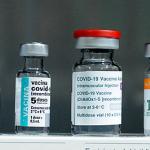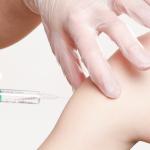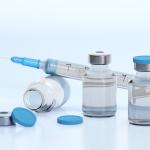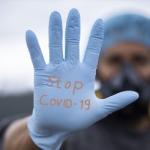Providing consistent, high-quality healthcare is difficult and complex, and because frontline workers, who directly interact with patients, are critical to achieving that, attracting, retaining, and motivating these staff is essential.
COVID vaccination
Misguided COVID-minimizers like to say that COVID-19 is no worse than a cold that lasts a few days and then disappears without any sequelae. They’re so wrong, and the evidence of that continues to mount.
The administration of COVID-19 vaccines in pregnancy raises two kinds of concerns that apply to all vaccines. The first is the recognition that because the vaccines will be administered mainly to a healthy population, their safety must be we
In the bad old days, studies suggested that if hospitalized with COVID vs. seasonal influenza, your chance of dying was fivefold greater – a number guaranteed to catch your attention.
Dr. Anthony Fauci, along with two of his colleagues at the National Institute of Allergy and Infectious Diseases, has written a long, science-filled piece on the hurdles of creating a vaccine against some viruses, particularly COVID-19.
The study looked at the immunological, not necessarily clinical, response in three settings:
The researchers used data from 294 nursing homes participating in a multi-state study of Alzheimer’s Disease with access to employee data on shifts, COVID testing, and vaccinations from July 2020 to March 2021.
A cost-benefit study determining the “return on investment” (ROI) of vaccination in New York City estimated a $10 reduction in healthcare costs for every dollar inv
Let’s begin with the data.
Infection or Severe Illness
Donald Rumsfeld, the two-time secretary of defense (Gerald Ford and George W.











